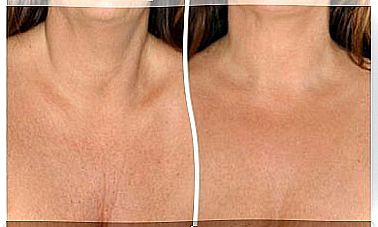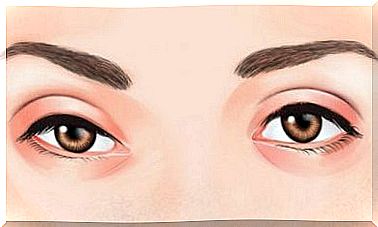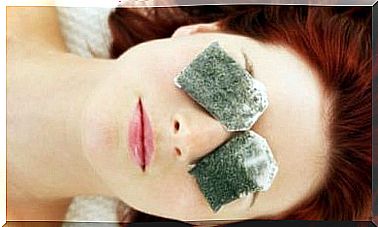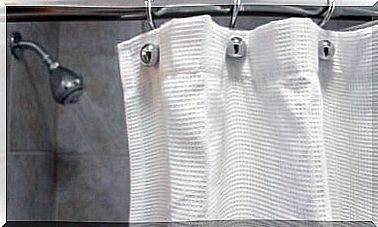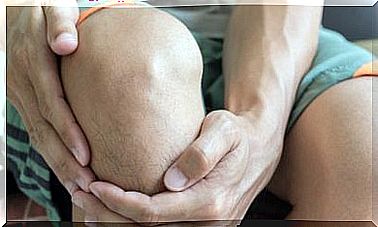Oral Care For Children
Proper oral care for children has a major impact on future oral and dental health. That is why it is important to pay attention to hygiene and proper brushing even with milk teeth.

Proper oral care in children is crucial because future dental health depends on it. In Germany, eight out of ten 12-year-old children are free from caries. Between 1997 and 2014 this number doubled due to proper oral hygiene and other preventive measures.
The best way to combat this problem is through proper prevention. You have to teach children how to brush their teeth and how to care for their mouths from an early age. Would you like to know what you can do for oral care for your children? Then just read on.
What is the right oral care for children?
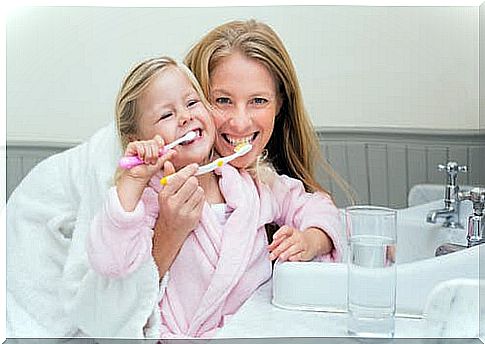
- Healthy and white teeth without leftovers, plaque and / or tartar.
- Pale pink gums that do not bleed or hurt when you brush your teeth.
- No bad breath.
So what does it take so that the child’s teeth can be optimally cared for at home? Do you need more than a simple toothbrush and toothpaste here?
Aids for oral hygiene in children
As adults, the dentist recommends that we brush our teeth and use dental floss and mouthwash at least twice a day. And what about the children? The following are the things that are necessary for good oral hygiene in your child:
- Toothbrush: This should be adapted to the age of the child. Your dentist can tell you what kind of bristles are best for your child. It is important that children learn to use a manual toothbrush right from the start, even if an electric one is also available.
- Toothpaste : Check here which toothpaste or tooth gel is approved for which age.
- Dental floss: The use of dental floss is recommended for children aged 4 and over. In the beginning they still need help; by the time they are 8 or 9 years old, they should have enough routine to floss on their own.
Tips for proper oral care for children
Oral health in children starts with prevention! Of course, the first step to healthy, white teeth is the right care, and that before problems arise! Therefore, you should pay attention to the following:
1. Start brushing your teeth as early as possible
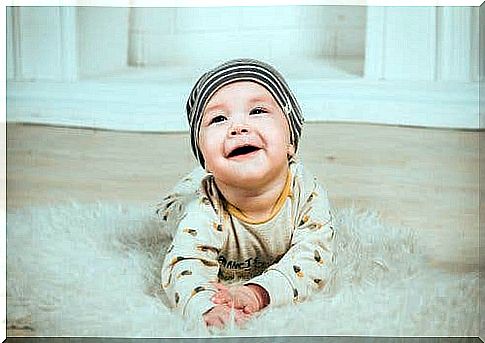
When we think of oral care for children, we often only think of brushing our teeth, but it includes much more than that. This is not the only reason why it is important that you have an eye on comprehensive oral hygiene as a baby.
Gently clean your baby’s gums with a gauze compress. When the first teeth appear, brush them carefully to prevent “bottle caries ”.
2. Oral care in children: Brush your teeth at least twice a day
Ideally, children brush their teeth three times a day: after getting up, after lunch and after dinner. Proper tooth brushing includes:
- The right amount of toothpaste: A pea-sized amount of toothpaste on the toothbrush is absolutely sufficient and should not be exceeded.
- When brushing, start with the inner surface of your teeth and brush one tooth at a time. Make sure that you clean the transition to the gums well.
- Then you brush the outside, one tooth at a time. Hold the toothbrush so that you can get right into the gum pockets.
- Likewise, brush the chewing surface of each tooth. Take extra care with your molars.
- Don’t forget to brush your tongue.
If your child is older than four, you can introduce flossing. Always be careful not to injure the gums. Be patient, as flossing is difficult and takes practice.
Note: It is important to change your toothbrush regularly when the bristles are worn out.
3. Avoid excess sugar
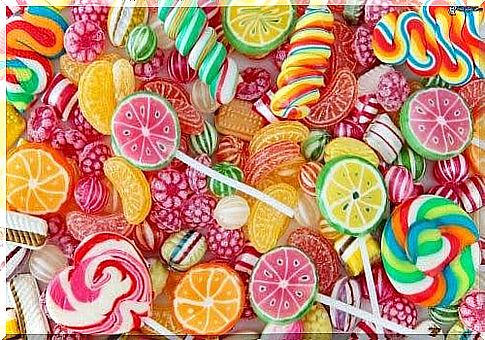
It’s not that children aren’t allowed to consume sweets at all, but there shouldn’t be too many. For example, candies stick to your teeth. If the children don’t brush their teeth after sucking candy, the sugar can damage the affected teeth and lead to tooth decay.
4. Balanced diet
A healthy diet is not only beneficial for health in general, but also for the oral cavity in particular. Make sure your children get enough calcium, phosphorus, and fluorine from their food to help them get strong and healthy teeth!
5. Better to drink water
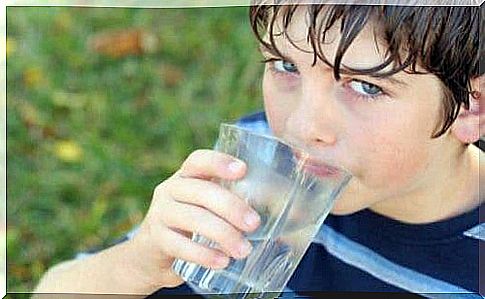
Sugary drinks are bad for your teeth. Consider what happens if your child doesn’t brush their teeth after drinking a glass of juice. The contained sugar components then remain in the mouth and can cause damage.
6. Oral care in children: Regular visits to the dentist
A routine dental check-up should be carried out at least once a year. Take the opportunity to clarify your questions and doubts about the oral health of your children with a specialist.
Proper oral care has an impact not only on the present but also on the future dental health of the child. If you are unsure about how to brush your teeth, find out more from a professional. The dentist is your best advisor here.
